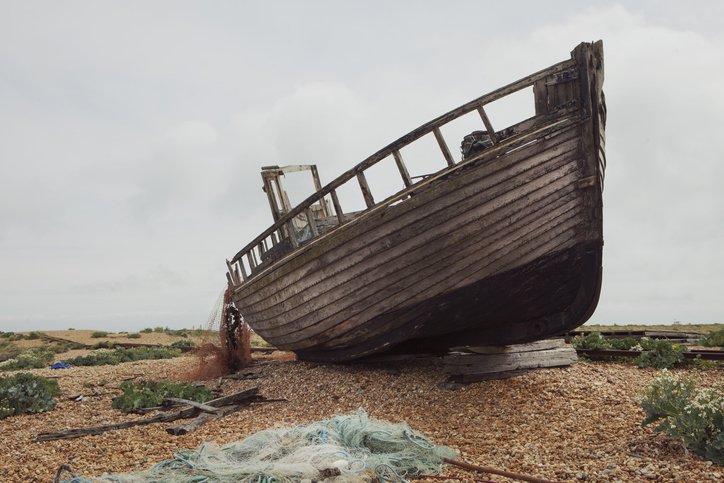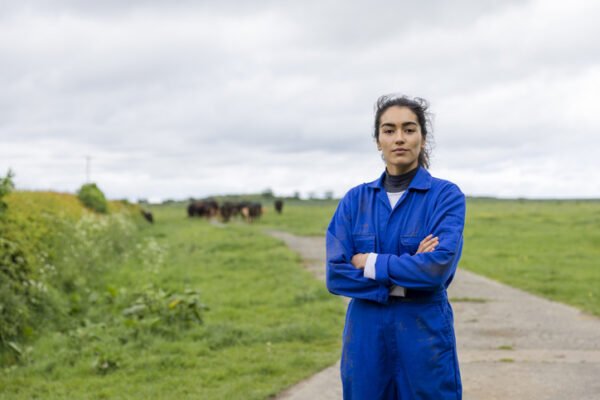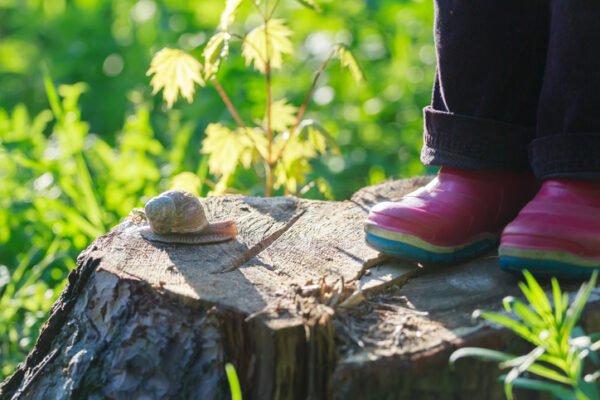Key findings from the report
Many groups studied show worrying declines. More than half of plant species have decreased in their distribution (54%) as have 59% of bryophytes (mosses and liverworts).
The distribution of invertebrates in the UK has also decreased on average by 13% since 1970, however there are much bigger declines in groups which provide important services such as pollination and crop pest control.
The distributions of pollinator species, including bees, hoverflies and moths, have decreased by 18% on average, while those species providing pest control, such as the 2-spot ladybird have declined by more than a third (34%).
The State of Nature report also found that out of the assessed habitats which are important for wildlife, only one in seven (14%) were found to be in a good condition and only one in 14 (7%) woodlands and a quarter (25%) of peatlands were assessed to be in a good ecological state.
Due to habitat damage from fishing gear, none of the seafloor around the UK was found in good condition.
However, restoration projects, such as for peatland and seagrass beds, are now underway to stem declines.
Not only will restoring these habitats have clear benefits for nature and people, but they can also help us mitigate and adapt to the impacts of climate change.
Nature-friendly farming
Despite recent moves towards more nature-friendly land and sea use, as yet only a fifth of farmland is now in agri-environment schemes with only some of that helping nature, just 44% of woodland is certified as sustainably managed and only half of fish stocks are sustainably harvested.
While all three measures have improved markedly over the past 20 years, there is still a very long way to go.
The best available information suggests that nature-friendly farming needs to be implemented at a much wider scale to halt the decline in farmland wildlife and must be considered alongside the triple challenge of responding to the climate and nature crises whilst still meeting people’s needs for food, energy and fuel.
Conservation action can work
Optimistically the report also highlights where concerted wildlife conservation action has made a key difference to many species and habitats.
For example, large-scale restoration projects, such as Cairngorms Connect – which covers 60,000ha – benefits a suite of woodland dependent species.
In Lyme Bay Marine Protected Area the number of species increased markedly since trawling was banned in 2008.
The RSPB’s Hope Farm has demonstrated that food production can function alongside measures to benefit wildlife as breeding bird populations increased by 177% over a 12-year period.
Nature conservation works but the scale and ambition need to be rapidly ramped up to tackle, stop and reverse the declines demonstrated by State of Nature.
To download a full copy of the State of Nature 2023 report and to find out what you can do to help, please click here.
 Play Video about This Rock Might Just Save The World
Play Video about This Rock Might Just Save The World Play Video about Play 2 hours of rock
Play Video about Play 2 hours of rock Play Video about Play 2 hours of brook
Play Video about Play 2 hours of brook Play Video about Play 2 hours of sheep
Play Video about Play 2 hours of sheep















































